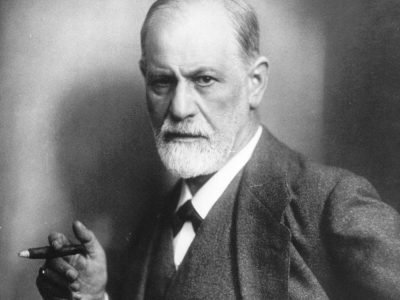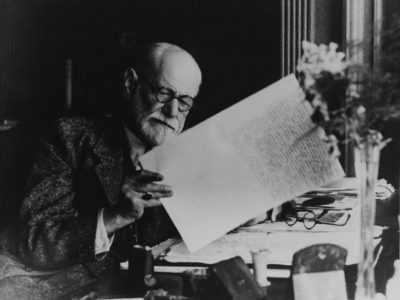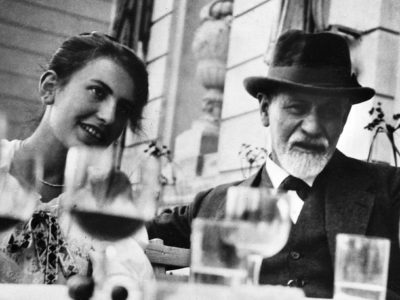A series of mini online lectures and conversations with Litza Guttieres-Green, Fernando Urribarri, Rosine Perelberg, Jean-Claude Rolland, Steven Jaron & Howard Levine.
The solution of the crisis that psychoanalysis is going through [i.e. its future] will depend on the way in which it will be able to preserve the Freudian heritage and integrate its later achievements. – André Green, at the 29th International Congress of Psychoanalysis, London, 1975The future of theory, clinical practice and technique lies not in the replacement of the Freudian problematic centered around castration by a modern problematic in which other referents would come into play – fragmentation, disintegration, annihilation, etc. – but in the articulation of these two problematics. In order to build a bridge between one and the other, it seems to me essential to re-establish madness where it has always been recognized: at the heart of human desire. – André Green, Passions et destins des passions: sur les rapports entre folie et psychose, Nouvelle Revue de Psychanalyse 21, 1980It could be that the historians of psychoanalysis mark the end of the 20th century and the beginning of the third millennium by designating in our discipline what I propose to call the turn of the millennium. Today, when some people are impatiently waiting for the death of psychoanalysis, I would see in it the sign of a revival […].– André Green, Unité et diversité des pratiques du psychanalyste, 2006
André Green, French psychiatrist and psychoanalyst, member of the Paris Psychoanalytical Society (SPP), was one of the most preeminent figures of the contemporary psychoanalytic movement, both for his theoretical and clinical research and his role within institutions. In 1965, Green became a member of the SPP, of which he was President from 1986 to 1989. From 1975 to 1977 he was a Vice-President of the International Psychoanalytical Association and from 1979 to 1980 a Freud Memorial Professor at University College London. He was elected an Honorary Member of the British Psychoanalytical Society.
He attended Jacques Lacan’s seminars between 1961 and 1967, when he definitively broke with him. He then directed a seminar at the Institute of Psychoanalysis in Paris where he invited the great philosophers and authors of his time including Jean-Pierre Vernant, Michel Serres, Jacques Derrida, Marcel Detienne, René Girard. A great reader of D. W. Winnicott, a friend of W. R. Bion, Green constantly bridged the gap between British, American, and French psychoanalytical research in a spirit of international openness and turned towards the future of psychoanalysis. His theoretical contributions – the dead mother, private madness, the work of the negative, the analytic third and the analytic object – opened the way to psychoanalysis beyond neurosis, the hallmark of 21st century psychoanalysis. Some of his works, such as Narcissisme de vie, narcissisme de mort (1983), Folie privée (1990) and Le travail du négatif (1993), are classics of psychoanalytic literature.
This event was held in both English and French. Renting this video will allow you to watch it in both languages.
Some translated writings by André Green:
• The Work of the Negative, Free Association Books, 1999 • On Private Madness, International Universities Press, 1997• The Chains of Eros, Karnac Books, 2002• Life Narcissism, Death Narcissism, Free Association Books, 2001• Key Ideas for a Contemporary Psychoanalysis: Misrecognition and Recognition of the Unconscious, Routledge, 2005• On the Death and Destruction Drives, Phoenix (forthcoming, 2022)
About André Green:
• The Dead Mother: The Work of André Green, edited by Gregorio Kohon, Routledge, 1999 (including an interview with André Green)
Access the programme here >> Green Tribute Program PDF
Freud Museum On Demand
When you rent one of our On Demand events, you will be able to watch it right away and stream the video anytime during the specified rental period.
Simply click the Rent button in the top right of the video. A pop-up window will open where you can sign up/log in to Vimeo. You will be given the option to pay by credit/debit card or PayPal. Once the payment has gone through you will be able to play the full video immediately.
You can watch the video straight from our page once you’ve paid or log in to your Vimeo account, where you can find all the videos that you have rented.
If you are a Member you can apply your promo code when you enter your billing info.
More details on watching your purchased videos can be found here.


